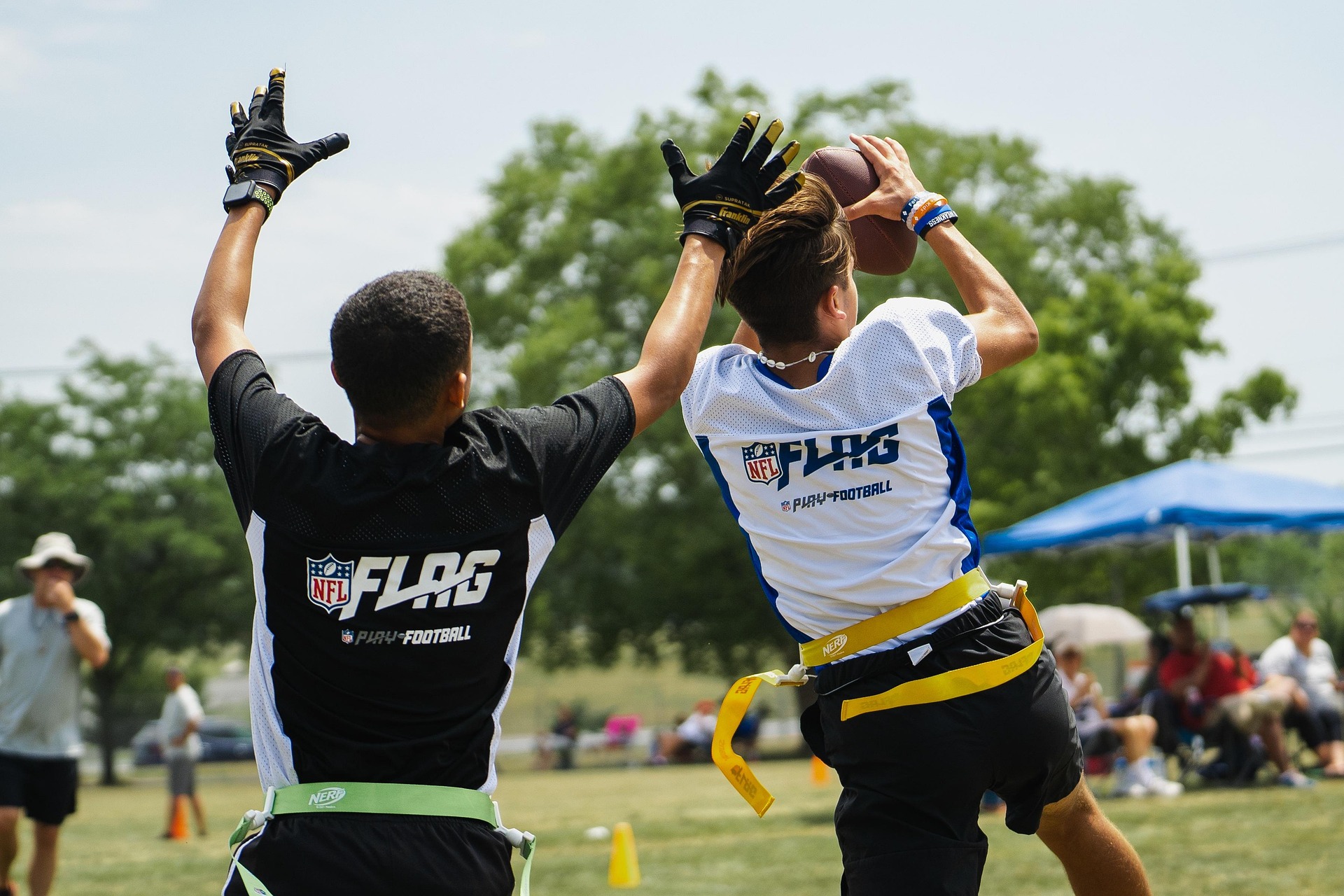Every player wants to shine on the field, but football isn’t about one person carrying the game. You need more than speed, strength, or skill to grow as an athlete. You need to become the kind of player others can count on. That starts with learning how to train as part of a team.
Group training builds habits that solo workouts can’t replicate. It sharpens communication, reinforces discipline, and puts players in real football situations, not just isolated drills. Whether you’re a quarterback, wide receiver, lineman, or playing another position on the field, learning how to read and respond to your teammates transforms your game.
Learn what happens when players train together and why it matters for your growth.
1. Understand Real Game Situations
Football team training means reacting under live conditions. Instead of just running routes or throwing passes without a target, athletes get to:
- Read defensive shifts as they happen
- Adjust routes or plays based on coverage
- Make quick decisions under pressure
A solo drill might develop mechanics, but it won’t teach how to handle a collapsing pocket or a mistimed snap. Learning to adapt during group football training separates a decent player from a great one.
2. Build the Skills Coaches Look For
Coaches want athletes who can play their role, trust their teammates, and maintain focus from start to finish. That mindset develops in a team environment, not alone on a practice field.
Practicing in a group setting helps athletes learn how to:
- Stay focused even when they’re not the ones with the ball.
- Communicate clearly during high-pressure moments.
- Play through mistakes and reset quickly.
This kind of discipline doesn’t just help a player make the team roster; it leads to more playing time on the field. Showing up focused and consistent turns a player into someone the team depends on when it counts.
3. Improve Through Immediate, Position-Specific Feedback
Training with others means more than going through reps. It allows athletes to see how each action fits into the bigger play and how their role affects the outcome. Group sessions use that dynamic to provide targeted, in-the-moment feedback.
For example:
- Quarterback training connects decision-making with how receivers run their routes.
- Wide receiver training teaches timing and positioning based on defensive pressure.
- Linemen training helps athletes learn to block with real communication and movement happening around them.
- Running back training focuses on reading defenses, picking up blocks, and reacting to live movement.
- Kicker and punter training builds timing and accuracy by working with holders and long snappers during live reps.
When your training mirrors the pace and pressure of competition, every rep builds the instincts needed for game-day execution.
4. Learn How To Bounce Back and Stay Ready
Not every play goes right. Football training drills for teams teach athletes how to reset without losing confidence. Instead of getting frustrated or checking out, players learn to respond with:
- Focus. Break down what went wrong, make the correction, and move forward without hesitation.
- Resilience. Shake off the last play and bring full effort to the next one, no matter how tired or frustrated you feel.
- Awareness. Recognize what the moment calls for, whether stepping up to lead or backing off to support a teammate.
That mentality shows up on game day. Coaches notice the athletes who don’t let one bad play throw them off.
5. Build Confidence That Comes from Being Trusted
Confidence doesn’t come from praise; it results from repetition, responsibility, and knowing you’ve earned your place. In group training, athletes aren’t just working on skills—they’re proving they can be counted on.
These sessions create space to:
- Show up ready. Consistency in effort builds respect from teammates and coaches.
- Own your role. Completing assignments correctly, even in fast-paced drills, shows reliability.
- Communicate under pressure. Speaking up, listening, and staying engaged create trust across the team.
Over time, that accountability turns into confidence. Athletes begin to play faster, trust their instincts, and take initiative without second-guessing.
Group Training With Football Pipelines
At Football Pipelines, we train players to think and perform as part of a team, without losing focus on individual growth. Our experienced football trainers don’t use cookie-cutter drills or oversized groups that leave players standing around.
When you join our group training packages, you can expect the following:
- Small group sizes, so every player stays engaged.
- Real-time feedback from skilled mentors like former pro player Chaz Green and Kevin Anderson.
- Skill growth for every level, from youth athletes to Pro Day preparation.
- Focused sessions tailored to game situations, not just technique.
- Programs designed to sharpen both physical skills and football IQ.
We believe every athlete should train in an environment that mimics the game and helps them thrive.
Start Building Your Team Mindset Today
Don’t train alone if you’re serious about becoming a stronger player. Join a group that challenges you, supports you, and helps you get better every single session.
Want to train with pro-level focus and game-ready feedback? Sign up now for a free session at Football Pipelines. Experience what it feels like to train with purpose, develop as a teammate, and get real reps that translate to game-day success.



